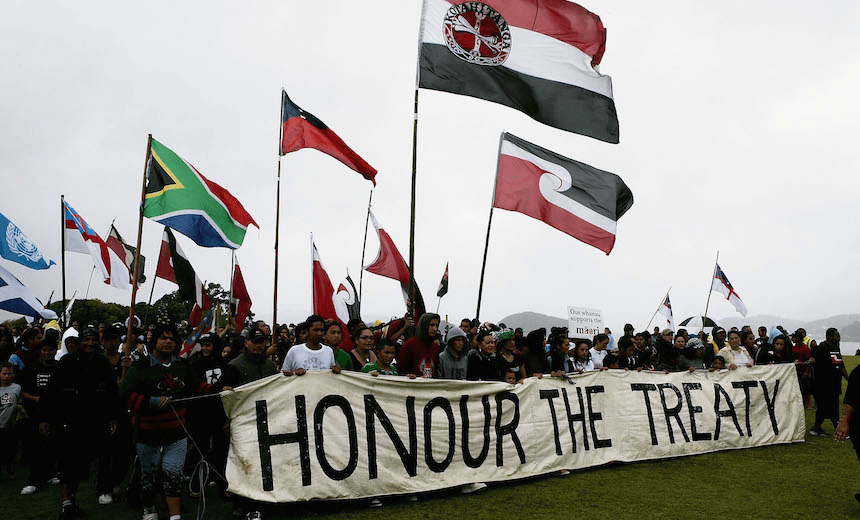Stan Walker’s reo Māori version of ‘Can You Feel the Love Tonight’ is the first time Elton John’s Oscar-winning song has been performed in ‘the language of the whenua’. Reweti Kohere asks producer Chelsea Winstanley how it came about.
The different language versions of Disney’s 1994 animated classic The Lion King all have something in common: when the credits roll, you hear Sir Elton John sing the reprise of ‘Can You Feel the Love Tonight’, which appears earlier in the film when Simba and Nala reconnect. It’s the song that won John and lyricist Sir Tim Rice an Oscar and a Golden Globe for best original song; the singer would win the 1995 Grammy for best male pop vocal performance and score a nomination for song of the year with it.
The sole outlier is the 45th and latest version: The Lion King Reo Māori. Standing out for its homegrown cast of 14 voice actors, its use of various mita to represent the royal pride of lions and the joking hyenas, and the inclusion of “little haka parts” that weren’t part of the original, the reo Māori version is the first-ever adaptation to have John’s closing song translated in another language and performed by another artist, New Zealand singer Stan Walker (Tūhoe and Ngāti Tuwharetoa). An unprecedented opportunity, says Oscar-nominated producer Chelsea Winstanley, who co-directs Matewa Media – the organisation bringing to life reo Māori Disney films – but an opportunity that required “tenacity”.
Winstanley (Ngāti Ranginui, Ngai te Rangi) explains that among all the different bits and pieces Disney handed over for recording dialogue and singing, the layers for the closing credits song were missing. That was on purpose – John, it turns out, is incredibly protective of the song and has always had original vocal copyrights on any recording. “We were like ‘what? No, we can’t have all this beautiful work…and then just have one English [song]’,” the producer says. “It would be such a different āhua to the movie.”
Undeterred, Matewa put together a video message with the hopes their contacts could pass it on to the ‘Rocket Man’ singer, in the belief he would understand what the organisation was trying to do. The Lion King Reo Māori is the second Disney film to be reworked in New Zealand’s indigenous language, following 2017’s Moana. The blockbuster film Frozen is set to follow suit in September, to coincide with Te Wiki o te reo Māori. Matewa is helping revitalise “the language of the whenua”, Winstanley says, while proving to Disney and other major film and animation studios that Māori versions of mainstream cinema are feasible “because there is an audience that exists and they will go to the movie theatres and they will support this.”
Getting John’s response came down to the wire. “It was two days out from actually being on the mixing stage in Burbank, in LA, before we got the yes that he was OK with it and had granted us permission,” Winstanley says. For Walker, the 1994 original means a lot: it’s his favourite movie of all time, and he auditioned for Australian Idol, the singing competition he ultimately won in 2009, with ‘Circle of Life’. He’s also had a go at ‘Can You Feel the Love Tonight’ before, with the help of Aotearoa musical trio Sole Mio.
While John’s original take is “stunning”, the opportunity to have the names of Māori on the big screen “made so much sense”, says Winstanley. As the credits rolled at The Lion King Reo Māori premier at the Civic Theatre in Tāmaki Makaurau earlier this week, with Walker’s rendition behind them, it felt like a concert. “[People] had their phones up with the light on and just everyone waving their phones in the sky,” she says. “It was just amazing.”
Follow The Spinoff’s te ao Māori podcast Nē? on Apple Podcasts, Spotify or your favourite podcast provider





